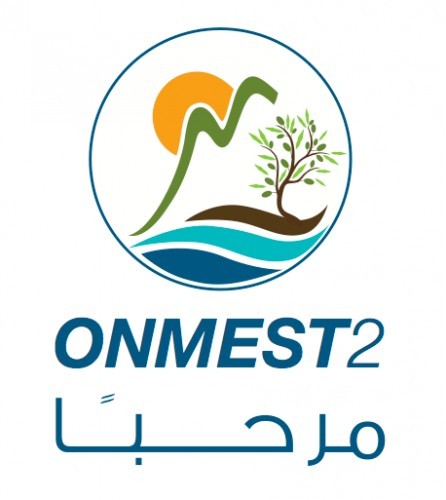
Handicapped lack polling access in Lebanon
The accessibility of the handicapped to polling stations in Lebanon ahead of June parliamentary elections is progressing, but gains are needed, officials said.
Interior Minister Ziad Baroud in January recognized the issue as a priority for the rights of the handicapped but noted much work was needed for polling access.
"Lebanon has a lot to do before the accessibility of polling stations reaches international standards," he said.
Estimates following the end of the 15-year civil war in Lebanon in 1990 found 10 percent of the Lebanese population was disabled.
Sylvana Lakkis, president of the Lebanese Physical Handicapped Union, said that portion of the population is a significant voice in the community, but the lack of access to polling stations has a muting effect, the U.N. humanitarian news agency IRIN reports.
"If you cannot vote in an independent way, your voice cannot really be heard," she said.
The LPHU plans to conduct a survey of handicapped access to the 1,779 polling stations in Lebanon. Early studies found very few had the necessary accommodations, however.
"We have a long way to go; the whole of Lebanon is inaccessible for us," Lakkis said. "But as polling stations are usually in schools, we are trying to ensure the government allocates a budget line so that in future all schools are accessible."







 Elie Nader
Elie Nader
 Pascale El Dib
Pascale El Dib
 Elias Sahyoun
Elias Sahyoun
